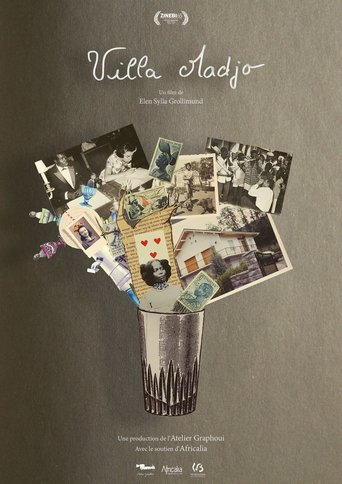
12 Nov 2023

Villa Madjo
No overview found
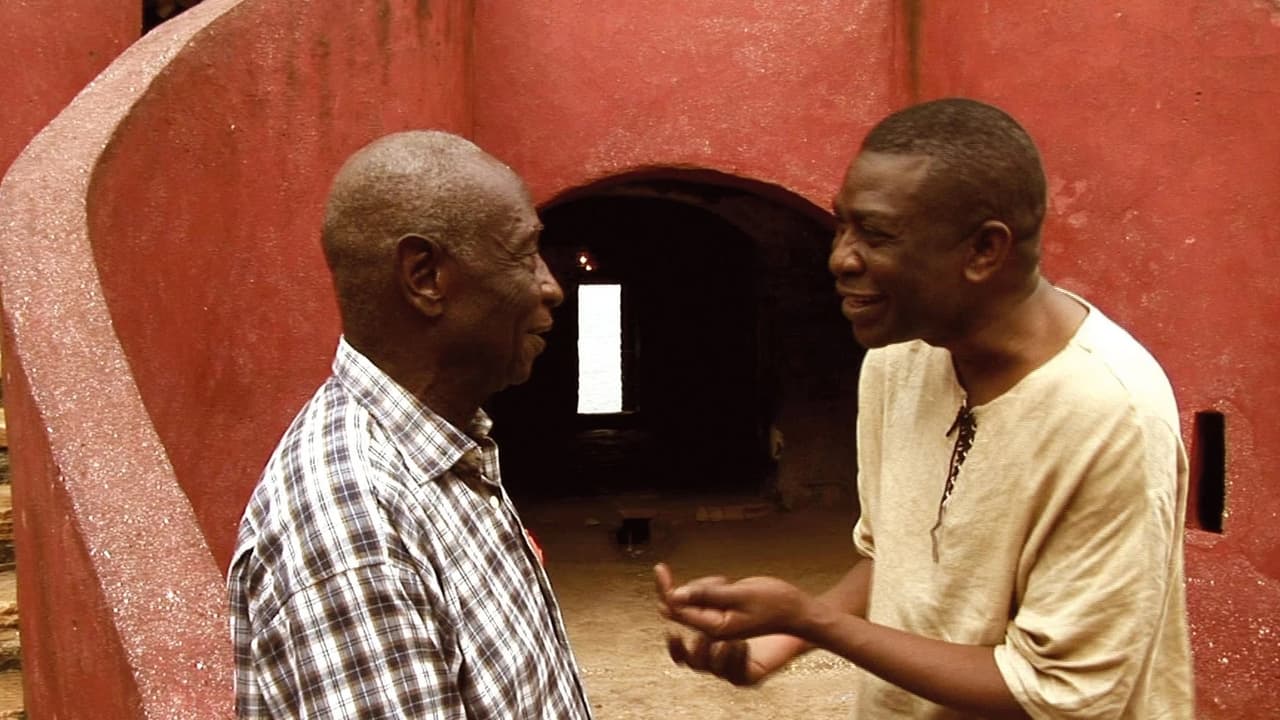
Because jazz is the miraculous product of the horror of slavery, Youssou N'Dour returned to the slave route and the music they created, in search of new inspiration. Accompanied by the blind Swiss pianist Moncef Genoud and the Director of the Gorée House of Slaves Museum, Joseph N'Diaye, the Senegalese singer wrote new songs during this initiatory voyage which took him to the USA then to Europe. At Gorée, an island just off the Senegalese coast and symbol of the slave trade, his memorable concert marked the end of this quest and the start of a new challenge: making today's generation aware of the tragedy of slavery, the importance of not forgetting and the need for reconciliation.

Self
Self
Self
Self

Self
Self
Self
Self
Self
Self
Self

12 Nov 2023

No overview found

09 Dec 2024

In a beach town on the coast of Senegal sits a basketball academy attended by the most promising players in Africa. Through the eyes of NBA Academy Africa’s players and staff, “From Africa: Pathways to the NBA” details stories of work on the court and in the classroom, the brotherhood that these star prospects have built, and their pursuit of the NBA dream.
01 Jan 2000
An account of the victims of the Sierra Leone Civil War and depicts the most brutal period with the Revolutionary United Front (RUF) rebels capturing the capital city on January 1999.
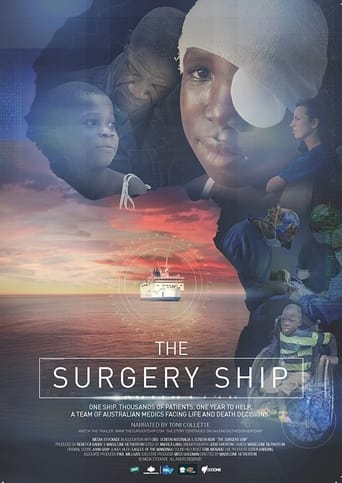
11 Apr 2015

A team of volunteer doctors and nurses are on board a unique ship. Crammed with medical supplies and volunteer medics, this floating hospital sails to the poorest nations on earth. This year they sail for Guinea on the West African Coast. On arrival they will face the most severe of medical issues, not seen in other parts of the world. But the medical challenges are only half of the story. They will confront ethical decisions as they decide who will be helped and who will not. This is a searing, complex journey for the volunteer medics, as they deal with life and death cases - and balance the fates of these patients in their hands.
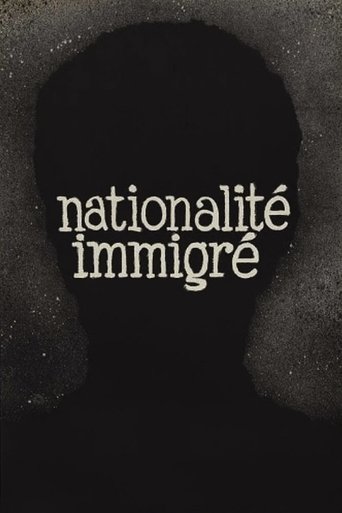
07 Jan 1976

A Mauritanian worker, Sidi, works in France. Like most immigrant workers, he is employed to do the most difficult and dangerous jobs. Sidi and his comrades are exploited systematically and permanently, as much by their employers as by their own countrymen who are constantly able to offer false working papers, slums where immigrants buy at high cost their right to sleep. But faced with racism and economic exploitation, immigrant workers communicate, organise...

07 Apr 2021

A short film about the first Bomba Ancestral returning to the ocean at sunset. Organized by Sheila Osorio and Samuel Lind in Loíza, Puerto Rico where the river meets the sea. We gathered on the beach. The moon was full and we could feel the connection to the four elements. The FIRE that purifies, WATER, AIR and EARTH. Honoring all of our ancestors from whom we inherited this beautiful dance of Bomba.
01 Jan 1985
The folkloric group "Nzale," founded in 1979 in Bangui, practices a traditional dance called "M'baka M'Bokou," which means "strength" and is a symbol of victory. It is a battle dance: each dancer wears the skin of the animal he wishes to incarnate. One dancer stands in the middle of a circle and fights the other dancers who come to confront him one after another.
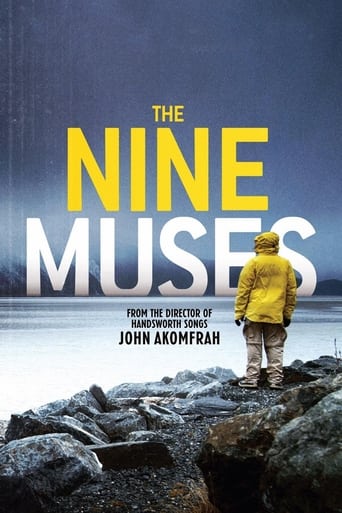
01 Sep 2010

Part documentary, part personal essay, this experimental film combines archive imagery with the striking wintry landscapes of Alaska to tell the story of immigrant experience coming into the UK from 1960 onwards.

22 Nov 1957

This biographical docudrama traces the life of Dr. Albert Schweitzer, from his birth in Alsace, up to the age of 30 when he made the decision to go to French Equatorial Africa and build his jungle hospital. The latter half of the film encompasses a full day in the hospital-village, following the octogenarian Samaritan in his daily rounds.
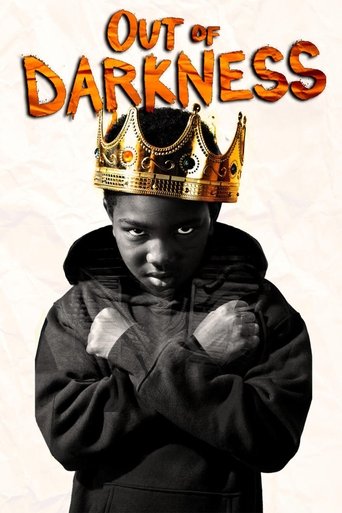
25 Jan 2016

Out of Darkness is a full length three-part documentary by director Amadeuz Christ (Δ+), examining the untold history of African people, the African cultural contribution to the nations of the world, and the events that have contributed to the condition of African people today. Out of Darkness will explore the Nubian/Kushitic origins of Nile Valley Civilization, contact between Africa and the Americas since the times of antiquity, as well as the influence of the Moors in Europe leading to Europe’s intellectual Renaissance. In addition, the film will analyze the history of modern day racism, the concept of “white supremacy,” the impact of Hip Hop as a social movement, and the idea of nationhood. Out of Darkness is narrated by Prof. Kaba Kamene and co-stars Dr. Umar Johnson, Dr. Claud Anderson, Tim Wise, Prof. James Small, Dr. Joy DeGruy, Anthony Browder, Sabir Bey, Atlantis Browder, and Taj Tarik Bey.

03 Sep 1967

Jaguar, a kind of road movie on foot, tells of the journey of three friends, Damouré, Lam and Illo, on their way to the Gold Coast where they hope to make a fortune in order to return to their village in a few months.
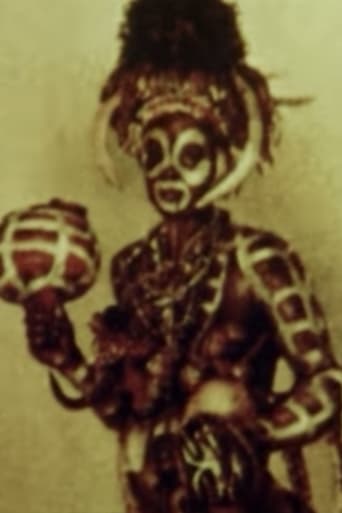
01 Jan 1973

Ben Caldwell’s Medea, a collage piece made on an animation stand and edited entirely in the camera, combines live action and rapidly edited still images of Africans and African Americans which function like flashes of history that the unborn child will inherit. Caldwell invokes Amiri Baraka’s poem “Part of the Doctrine” in this experimental meditation on art history, Black imagery, identity and heritage.
01 Jan 2007
As beautiful and sleek as it is deadly, 52 Blocks merits special conservation efforts as the United States' only existing native martial culture, as it is indeed, the jazz of the martial arts world. Across the African diaspora, there are manifestations of African-derived warrior-dances, capoeira in brazil, mani in Cuba, ladja in Martinique, pinge in Haiti- yet the US offshoot has remained esoteric, because it was suppressed throughout slavery, Reconstruction and Jim Crow and then obscured in the criminal justice system. The history, interviews and training of the martial arts style that created Breakdance and boxing greats like Mike Tyson.
04 Nov 2008
Maafa Legacy exposes the euro-academic view that British slavery was just ‘trade’ as a lie and reveals why the crimes both past and present that continue to be committed against Mama Africa and her children stand as the most heinous ever in World history. This documentary also provides a retrospective view of Wilberfest 2007 and explores the enduring legacy of the Maafa on African people residing in the Diaspora. On Screen Contributors: Dr Abiola Ogunshola, Sis Ayen Meke, Christopher Cole, emma pierre, Bro Hakim, Hakim Adi, Sis Jendayi Serwah, Kimani Nehusi, Kubara Zamani, Kwaku Bonsu, Kwaku-Jesse Konadu Olaleye, Dr Lez Henry, Manga Clem Marshall, Bro Mbandaka, Michael Eboda, Morenike Fasuyi, Netsanet Solomon, Oleander William, Onyeka, Bro Omowale, Sis Panyin Aikins, Royson James, Sis Dr. Sandra Richards, Teleica Kirkland, Tony Warner, Toyin Agbetu, Tracey Jarrett Directed and produced by Toyin Agbetu
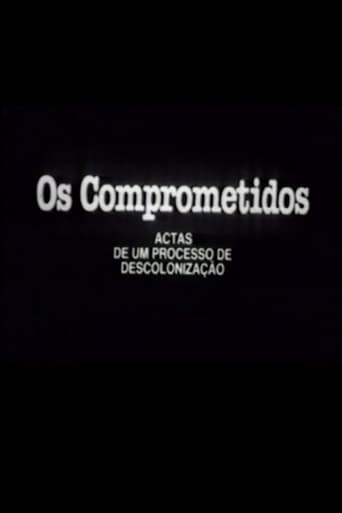
05 Jun 1984

The film deals with the judgment of the so-called "compromised", who integrated the colonial apparatus. At Josina Machel school, in an amphitheater with a full audience and balcony, there is a stage where Samora Machel and the members of the Frelimo political committee are located. He records Samora, an impeccable political actor, sometimes histrionic, in the role that he is attributed as the animator of the scene in the trial.
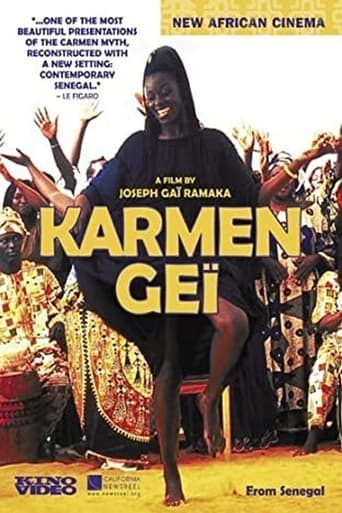
27 Jun 2001

Bizet's Carmen gets a modern adaptation. Seducting, provocating, sensual. All the ingredients for a perfect drama. With her charm, Karmen gets out of many situations.
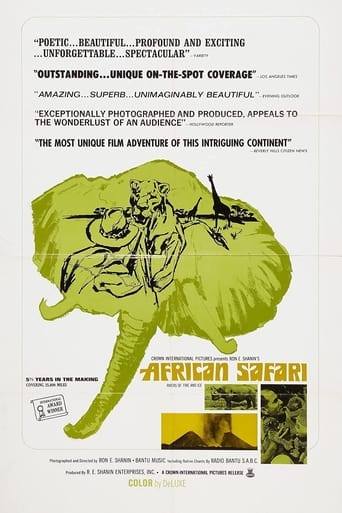
27 Nov 1968

A Wildlife Safari through Africa.
01 Jan 2013
In 2011, as tens of thousands of migrants, Loss, and Madess Moussa arrived in Europe via Turkey. Required by EU law to remain in Greece, they only want one thing : to leave. Therefore earn the money needed to start is an obsession and all means are good. The film "The Adventure" follows the lives of these three Ivorians to Athens - their sense of enclosure, strategies to find money, failover illegally, attempts to start - and explores what is at stake, individually and collectively during migration: relations to other migrant communities, friendship, betrayal, solidarity, mafias and violence.
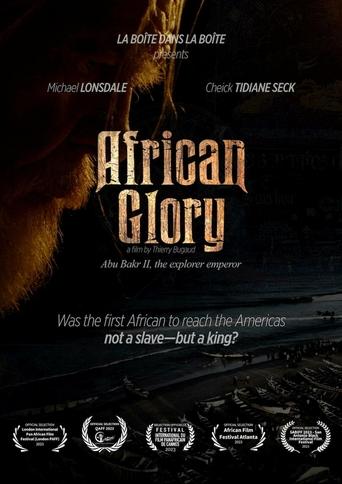
26 May 2024

No overview found
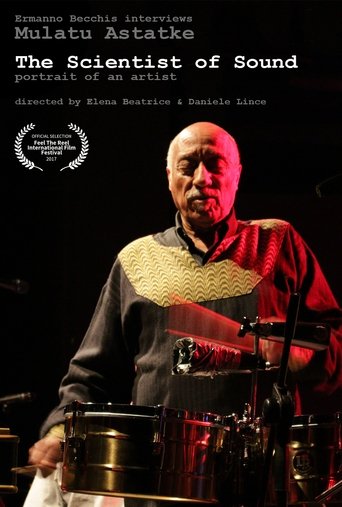
16 Mar 2017

Thursday 27th of October 2016 – Teatro Espace, Turin. Mulatu Astatke is a musician, composer, arranger and Ethiopia’s cultural ambassador. He’s known as the godfather of ethiojazz, a unique blend of jazz, traditional Ethiopian music, latin, caribbean reggae and afrofunk. Born in 1943 in Jimma, Mulatu studied music not only in Ethiopia but also in UK and USA. In 2005 he contributed to the soundtrack of Jim Jarmusch’s film “Broken Flowers”, reaching a new public worldwide.